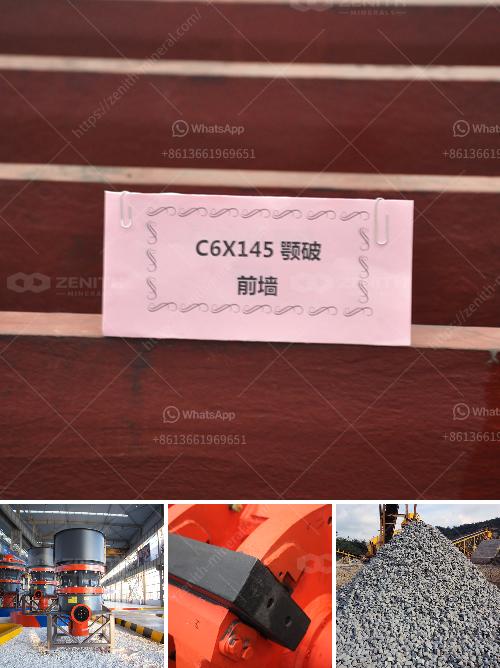Choosing the right crusher for crushing rock involves several factors to consider. Here’s a concise guide to help you make an informed decision:
-
Material Characteristics:
- Hardness: Consider the hardness of the rock, as crushers are designed to handle different hardness levels.
- Moisture Content: High moisture content can affect crusher efficiency. Some crushers handle moisture better than others.
-
Output Size and Capacity:
- Determine the desired size of the finished product and the production capacity required. Different types of crushers produce different sizes and capacities.
-
Type of Crusher:
- Jaw Crusher: Suitable for primary crushing of large rocks. Provides high production capacity but does not handle flaky materials well.
- Gyratory Crusher: Ideal for heavy-duty primary crushing. Offers a high crushing capacity.
- Cone Crusher: Best for secondary, tertiary, and fine crushing stages. Suited for hard and abrasive materials.
- Impact Crusher: Suitable for softer, less abrasive rocks. Efficient in producing uniform particle size.
- Hammer Crusher: Good for medium-hardness rocks with lower capacity requirements.
-
Feed Size:
- Match the crusher to the size of the material to be fed. Oversized materials can block the crusher while undersized feed may not utilize the crusher's full capacity.
-
Operational Considerations:
- Mobility: Choose between stationary and mobile crushers based on the location and nature of the crushing site.
- Maintenance Needs: Consider the ease of maintenance and availability of parts for the crusher.
- Energy Consumption: Opt for crushers that are energy efficient to reduce operational costs.
-
Budget:
- Balance initial cost with long-term operational and maintenance costs.
-
Manufacturer and Support:
- Research manufacturers for reliability and support services. Reliable technical support can be crucial for efficient operation.
By considering these factors, you'll be better equipped to select a crusher that meets your specific needs.

